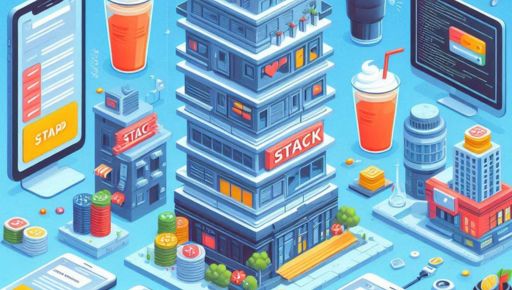
Education is undergoing significant transformation, driven by technology and evolving pedagogical approaches. In this article, we’ll explore the future of education and the trends and innovations that are shaping it.
Introduction:
The future of education is dynamic and promising. As we navigate the 21st century, various trends and innovations are reshaping the way we teach and learn. Here are some key developments to watch:
- Online and Blended Learning:
Online learning and blended learning models are becoming increasingly prevalent. These approaches offer flexibility and accessibility, making education more inclusive. - Personalized Learning:
Personalized learning uses data and technology to tailor educational experiences to individual students, addressing their unique needs and abilities. - Gamification and EdTech:
Gamification and educational technology (EdTech) are transforming classrooms. Interactive tools and gamified elements make learning engaging and interactive. - Artificial Intelligence (AI):
AI is being used to provide personalized recommendations, automate administrative tasks, and support educators in assessing and addressing students’ needs. - Virtual Reality (VR) and Augmented Reality (AR):
VR and AR enhance experiential learning, allowing students to explore immersive environments and simulations. - Global Collaboration:
Technology enables students to collaborate with peers worldwide, fostering cultural exchange and global perspectives. - Project-Based Learning:
Project-based learning emphasizes hands-on, real-world projects that develop critical thinking and problem-solving skills. - Competency-Based Education:
Competency-based education focuses on students mastering specific skills and knowledge, allowing them to progress at their own pace. - Lifelong Learning:
The concept of lifelong learning has gained prominence, with adults seeking ongoing education and upskilling throughout their careers. - Sustainability and Environmental Education:
Education is increasingly incorporating sustainability and environmental studies, reflecting global concerns about climate change and ecological conservation. - Career and Technical Education (CTE):
CTE programs are evolving to meet the demands of the job market, providing students with practical skills and industry-specific knowledge. - Social and Emotional Learning (SEL):
SEL programs are becoming integral to education, focusing on emotional intelligence, empathy, and social skills. - Inclusivity and Access:
Efforts to make education more inclusive and accessible for all students, regardless of their background or abilities, continue to grow. - Hybrid Learning Spaces:
Hybrid learning spaces combine physical and virtual elements, offering flexible and dynamic learning environments. - Assessment and Evaluation:
Traditional assessment methods are evolving to assess a broader range of skills and knowledge, moving away from standardized testing. - Teacher Professional Development:
Educators are embracing ongoing professional development to stay current with the latest teaching techniques and technologies.
Case Study: Khan Academy
Khan Academy is a prime example of the impact of online education and personalized learning. Founded by Salman Khan, the platform provides free, high-quality education to learners around the world, enabling self-paced learning and mastery of subjects.
Conclusion:
The future of education holds promise and innovation. As we adapt to changing technologies and pedagogical approaches, we can provide more accessible, engaging, and personalized learning experiences for students of all ages.








